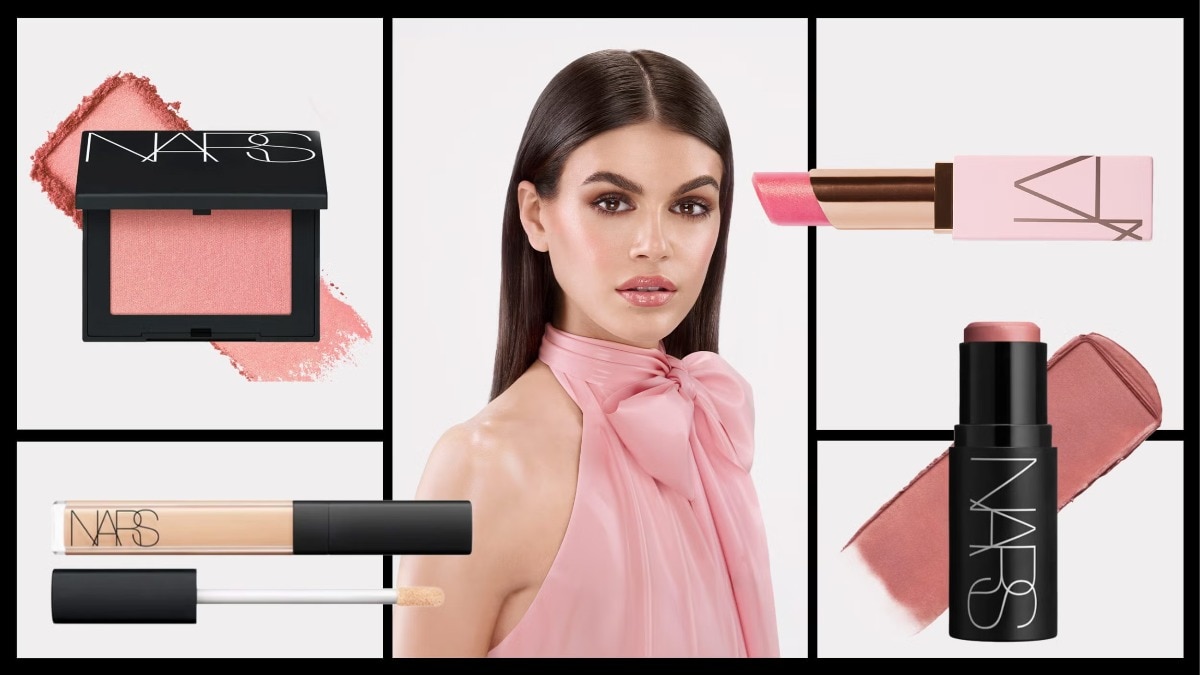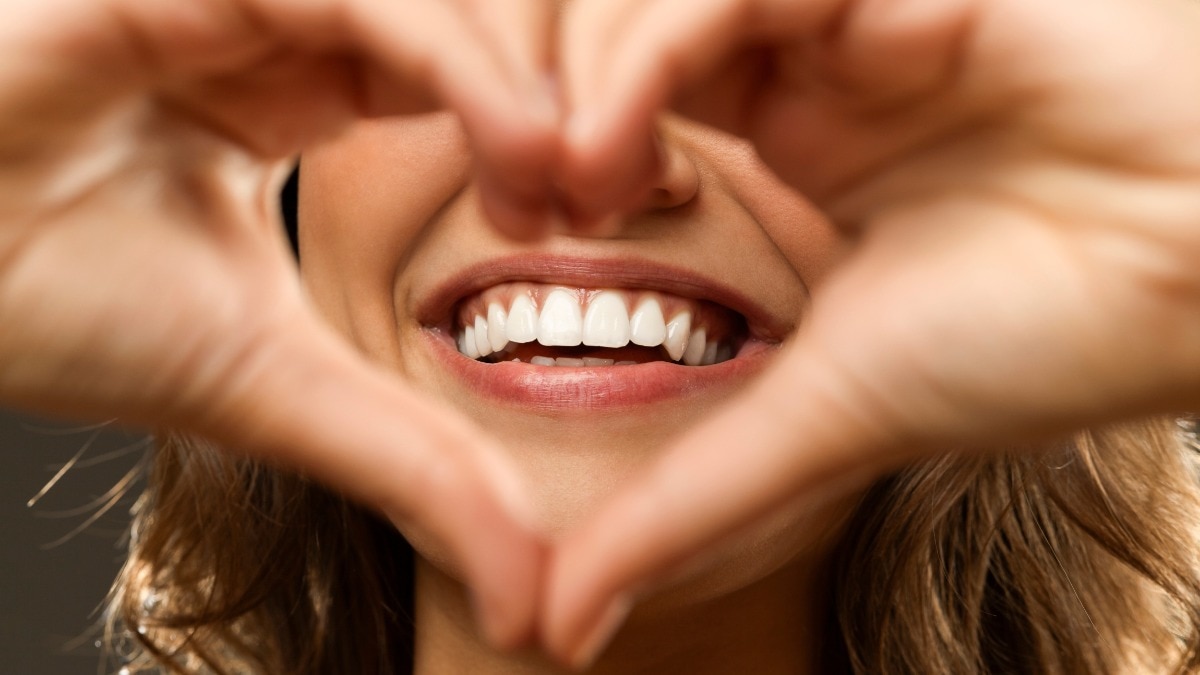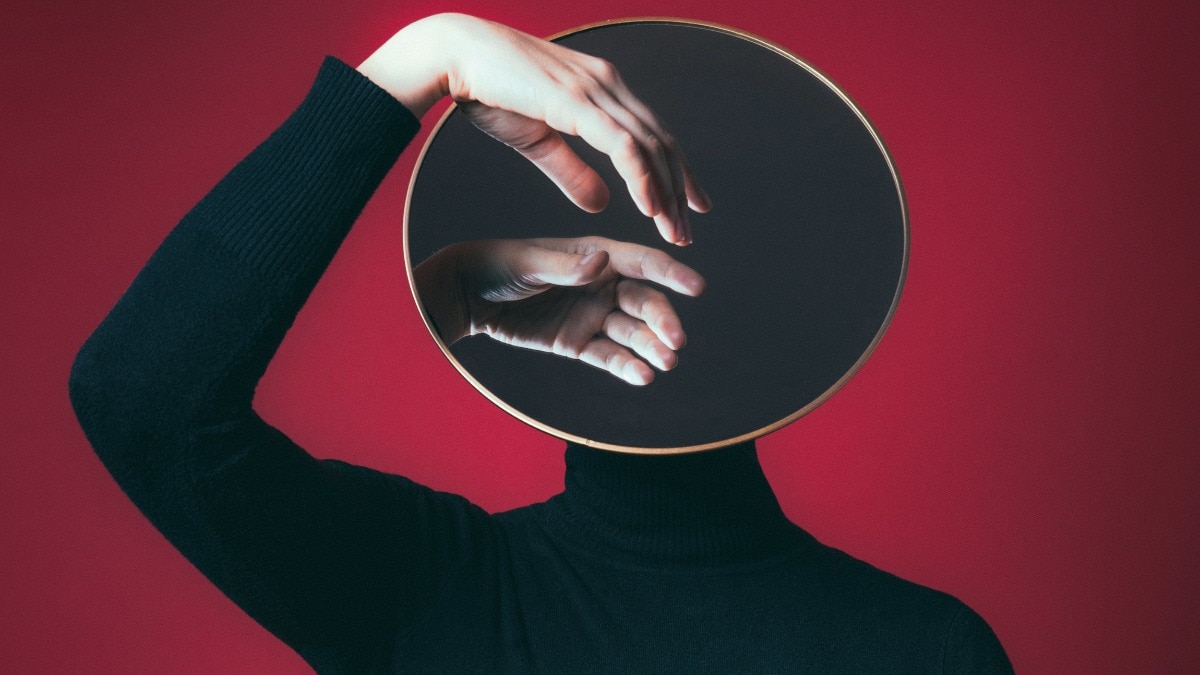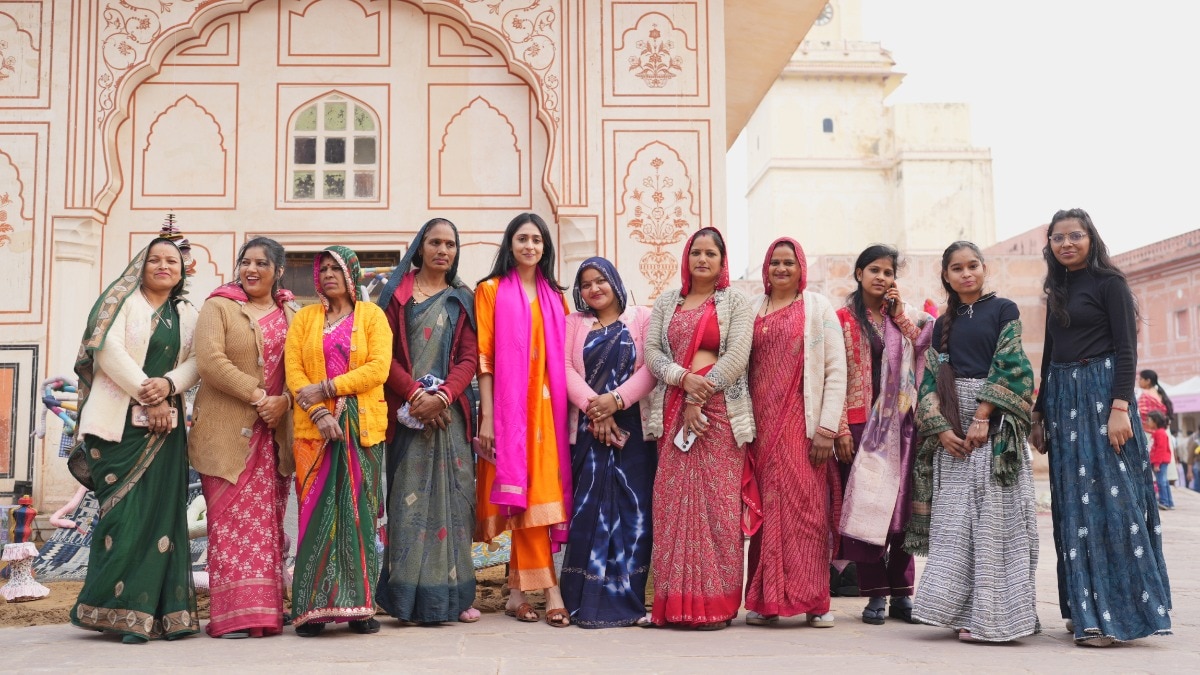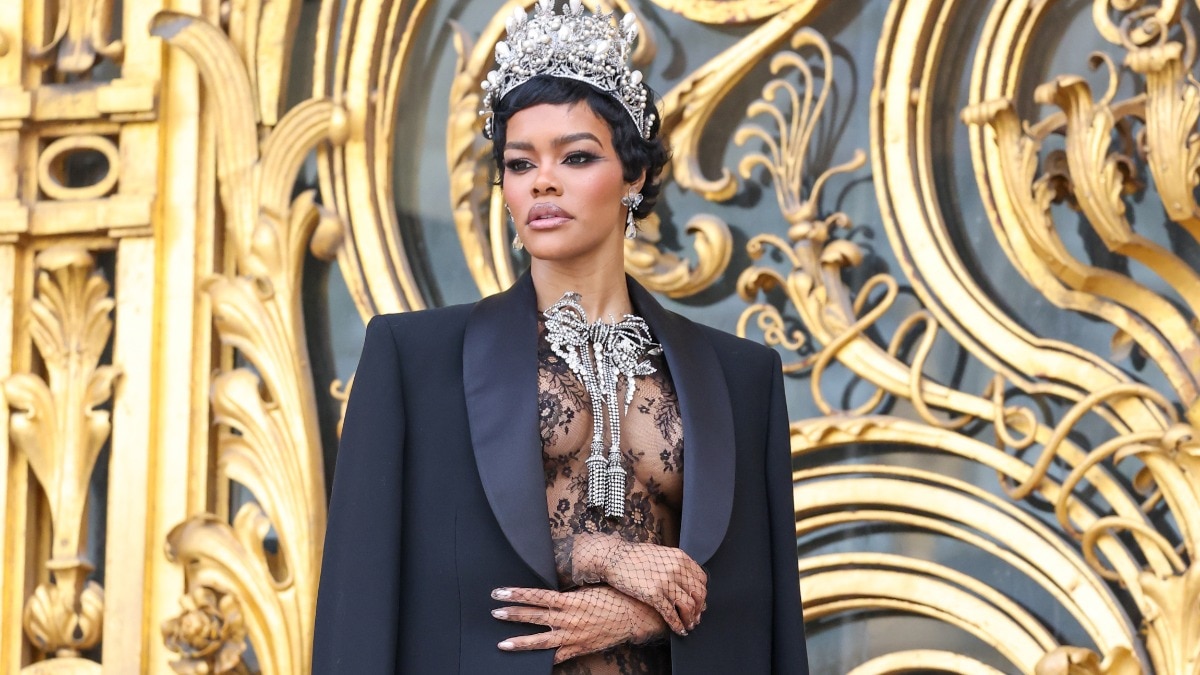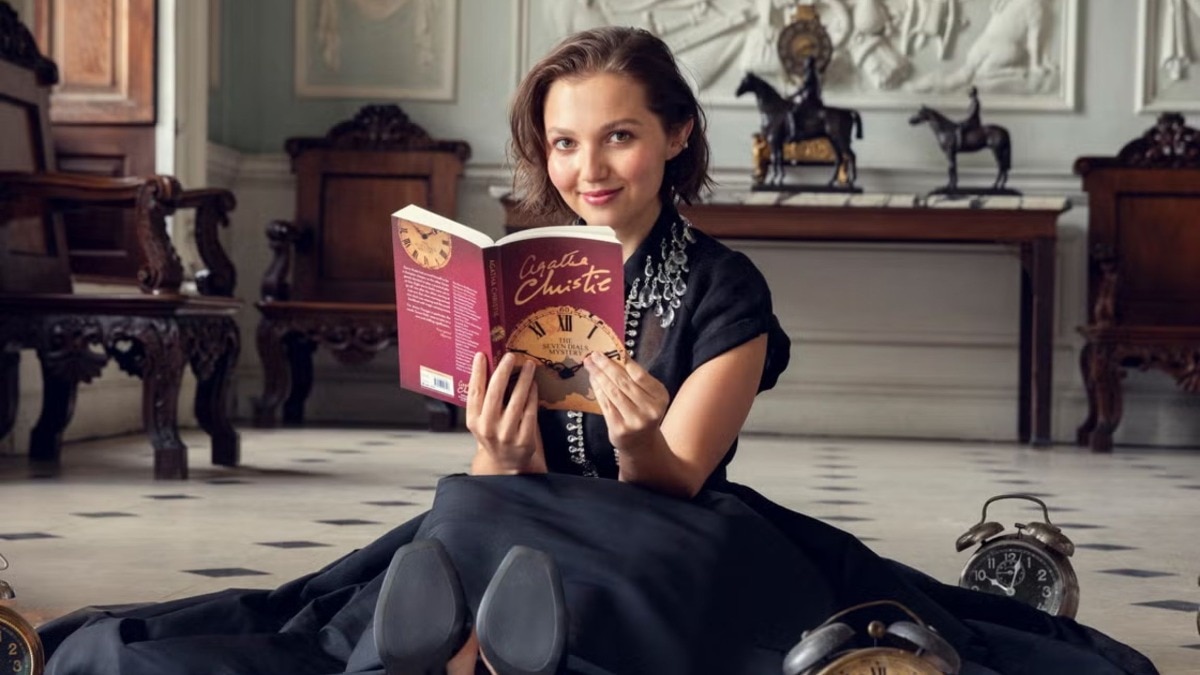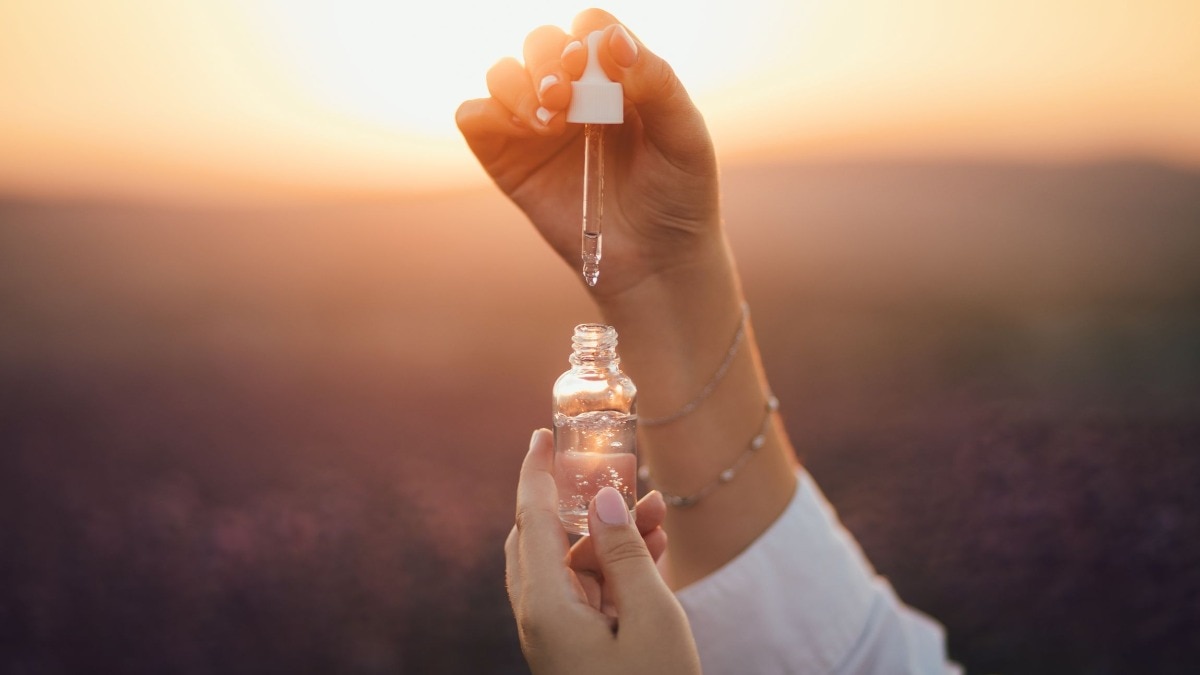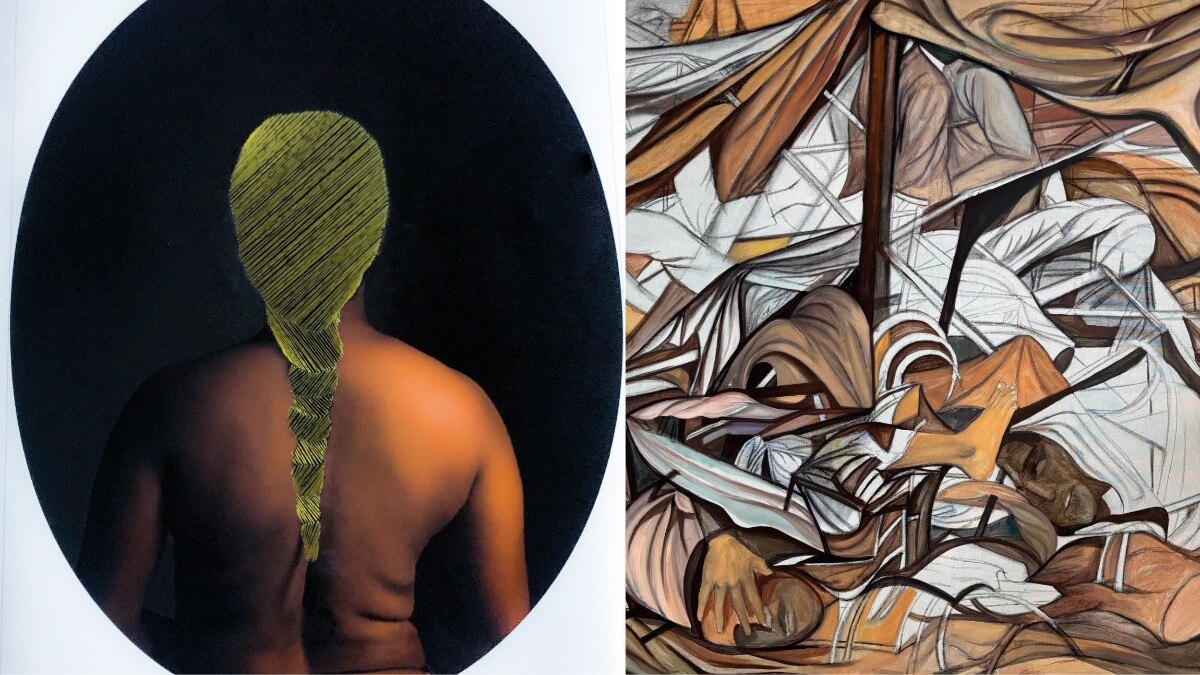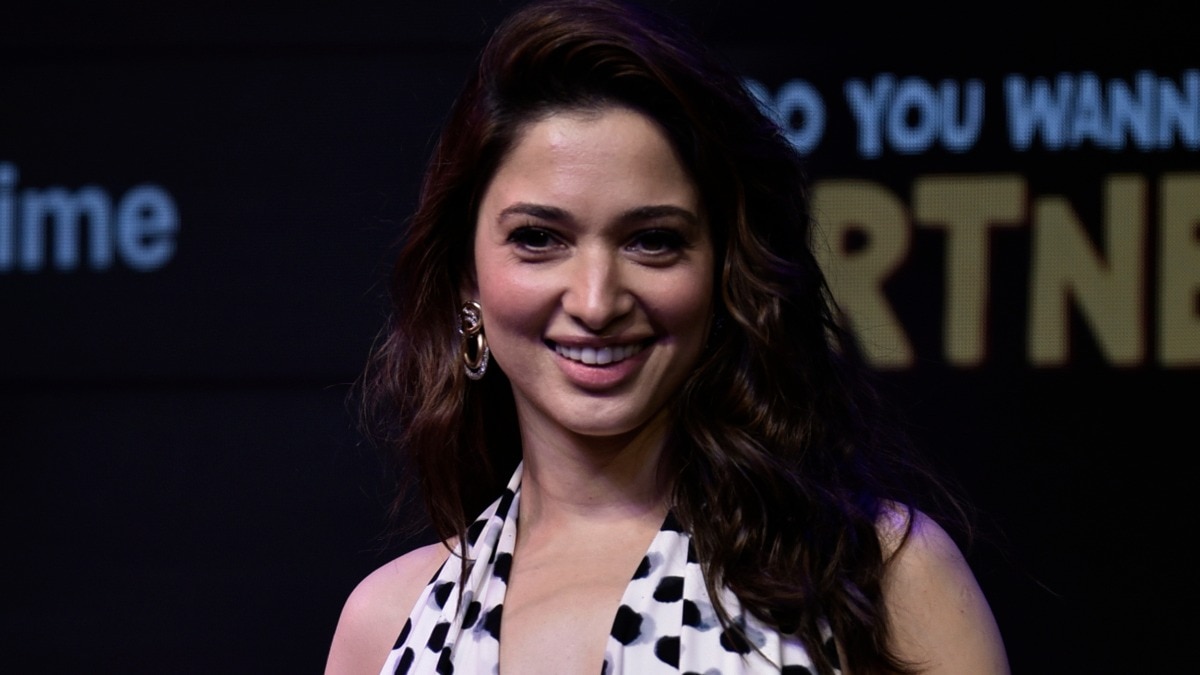
How AI innovations are shaping Indian skin, hair, and wellness
From AI-driven apps to scalp scans and Ayurvedic algorithms, technology is rewriting how Indians care for their skin, hair, and overall wellness.


Indian beauty rituals have always been deeply personal—rooted in traditions passed down through generations, and often inspired by Ayurveda and natural remedies. But in 2025, beauty is no longer just about DIY face packs or your grandmother's homemade hair oils. The rise of technology in beauty, spanning artificial intelligence, apps, diagnostic tools, and even biotech, is transforming how Indians approach skin, hair, and overall wellness. The result? A new market where high-tech meets high-touch, ensuring beauty routines are not just indulgent but also deeply personalised.
The rise of personalised skincare for Indian skin tones
One of the biggest hurdles in India’s beauty market has always been the lack of inclusivity—products were often formulated for Western skin tones and conditions. Now, Indian startups and global giants are using tech to bridge this gap.
Take SkinKraft, a Hyderabad-based brand that uses AI-driven skin profiling to design customised skincare regimens for Indian skin. Users answer detailed questions about their skin type, concerns, and lifestyle habits, post which, algorithms generate a profile and recommend cleansers, serums, and moisturisers tailored to fit their needs. It also factors in specific issues related to Indian skin, including pigmentation from sun exposure, pollution-triggered acne, and humidity-induced oiliness.

Another example is Clinique’s Clinical Reality app that scans skin conditions, highlights problem zones like fine lines or uneven texture, and suggests the right products from the brand’s portfolio with just a selfie.
Smart haircare: From scalp scans to AI-powered hair coaches
For modern hair concerns—driven by pollution, stress, hard water, heat styling, and fast-paced lifestyles—weekly oiling alone isn’t enough anymore. It demands smarter, more advanced solutions, and that’s where technology steps in.
Brands like Traya Health are already using digital-first models. The company combines Ayurvedic principles, nutrition, and modern dermatology, backed by online scalp and lifestyle assessments. The result is a customised hair treatment kit, often combining plant-based solutions with prescription medication, delivered at your doorstep.

AI-powered hair analysis apps are becoming increasingly popular in salons. At new-age premium spas, clients can get a scalp health scan that uses micro-cameras and AI mapping to detect dandruff, thinning patterns, and follicle health. These insights help dermatologists and stylists recommend targeted treatments instead of the one-size-fits-all approach.
Virtual try-ons and AR-driven beauty shopping
The younger generation—digitally native and highly active on social media—is a key consumer in the beauty market. Accustomed to using filters and augmented reality (AR) in their daily online interactions, they expect similar tech-driven experiences when shopping. In response, beauty brands are leveraging AR for virtual try-ons and personalised recommendations, making the buying process more engaging, seamless, and tailored to this tech-savvy audience.
Nykaa’s virtual try-on feature allows users to test lipstick shades or eyeliners in real-time before making a purchase. Similarly, MAC Cosmetics’ virtual try-on is increasingly popular in India, allowing consumers to experiment with bold shades they might otherwise hesitate to pick in-store without a trial.
Skincare, too, is moving in the same direction. Brands and apps are allowing users to visualise how their skin will look after consistent use of brightening serums or anti-ageing creams, helping consumers make more confident decisions.
The coming together of Ayurveda and algorithms
Another new narrative emerging in the Indian beauty landscape is Ayurveda 2.0, which enhances the traditional and age-old practices with data and AI.

Brands like Vedix combine Ayurvedic diagnostics with online skin and hair assessments to curate products unique to each customer’s body constitution. Similarly, luxury Ayurvedic houses like Forest Essentials are experimenting with digital consultation services, where algorithms trained in Ayurveda help replicate the personalised experience of visiting a vaidya.
What do the experts say?
Celebrity dermatologist, Dr Bindu Sthalekar, tells us, "When it comes to AI-driven skincare or haircare, it’s easy to get dazzled by fancy algorithms and instant ‘personalisation.’ But at the end of the day, technology is only as smart as the data it’s fed. Indian consumers should remember that no AI tool can fully capture the nuances of your skin type, lifestyle, or seasonal changes the way an expert can. Use these platforms as a starting point, not the final answer, look for brands that combine tech insights with human expertise, and always listen to what your skin is actually telling you."
On the other hand, Dubai-based global skincare expert, Nipun Kapur Sohal, explains, "Consumers should remember that AI is a guide, not a medical diagnosis, and any persistent or worsening concern still needs professional attention. It’s important to choose platforms that prioritise data privacy and use credible, science-backed algorithms, as not all tools deliver reliable results. Long-term outcomes still depend on consistent skincare and haircare habits, supported by sun protection and appropriate actives. Finally, choose AI tools that consider regional and ethnic differences to ensure recommendations are relevant to your specific needs."
"While innovation is exciting, caution is key. AI tests and analysis tools can be insightful, but long-term results come when they’re backed by qualified doctors who design holistic, sustainable regimes and not quick fixes. A few quick checks that can save your money and time are: Always check that specialists are involved, read ingredient lists carefully, and avoid brands promising overnight changes. Look for platforms that offer progress tracking, follow-ups, and real medical oversight; that’s where real transformation lies. When used responsibly, beauty tech can truly blend science with self-care," opines Traya Expert, Dr Muralii Krishna, MBBS, FIIM, BSc Psych.
What does this mean for the future?
With India poised to become one of the fastest-growing beauty markets in the world, the role of technology cannot be underestimated. For consumers, this means a shift away from generic products and moving towards more personalised solutions. For brands, it opens up opportunities to innovate and cater to the niche market.
Beauty in India is no longer just about looking good—it’s about feeling good, being informed, and letting technology work alongside tradition. It’s a space where your selfie might just hold the key to your next customised serum, and we are here for it!
Lead image: Getty Images
Inside images: The brands
Also read: What is the toasty make-up trend?
Also read: How gut health shapes your skin and overall glow, experts weigh in

